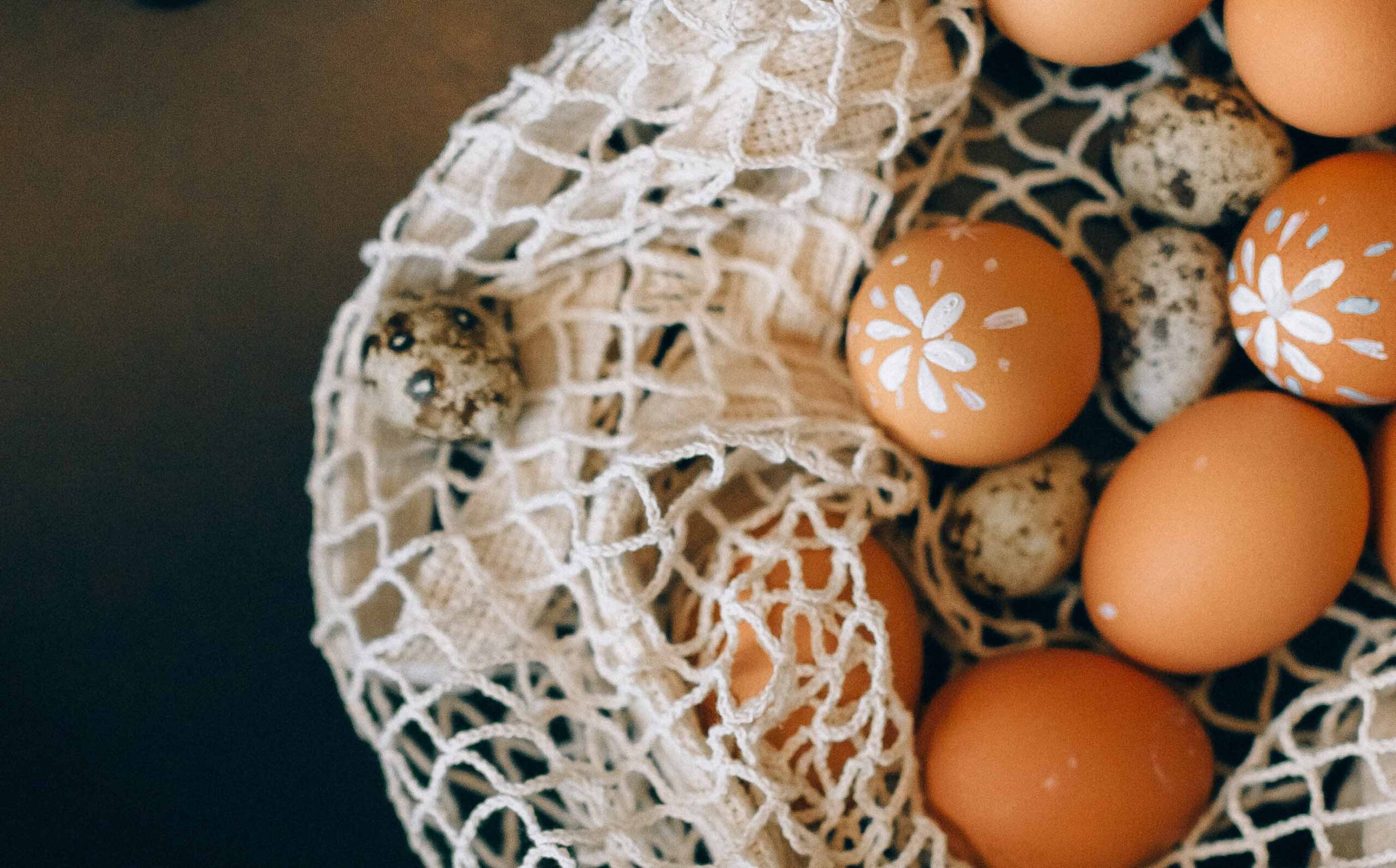So, if your periods have become a law unto themselves, your PMS seems to hit whenever it feels like it, and you’re in your 40s, we might know what’s been going on with you. No, we’ve not been going through your socials. And no, you’re not ill. The menstrual irregularity, mood swings, and hot flashes that you’ve been experiencing are most likely Perimenopause. Welcome to the beginning of the end of your periods.
What is Perimenopause?
Menopause marks the permanent end of menstruation and your child-bearing years due to the complete decline of Estrogen.
Perimenopause, on the other hand, is simply the start of your journey toward the end of your reproductive years and hormonal shifts start taking place as your body starts to produce less and less Estrogen.
When does Perimenopause start and how long does it last?
The average age that women go through Menopause is 51, but generally, the Perimenopause phase begins in your 40s.
However there are, as always, exceptions, and some women may begin experiencing Perimenopausal symptoms in their 30s, or if they’ve had their ovaries surgically removed. Perimenopause is just the first step in your Menopausal journey, and can take eight to 10 years. Joyous!
Perimenopause is over when you’ve been without periods for 12 consecutive months. Until that final 12 months, perimenopausal symptoms can last anywhere from a few months up to the full 10 years.
What are the symptoms of Perimenopause?
We’ve all heard the horror stories about hot flashes and yes, this infamous symptom does happen in Perimenopause. But it’s not just hot flashes, there are many other symptoms you could experience during your perimenopause due to your wildly fluctuating hormone levels.
The other major symptom is irregular periods due to hormone levels making Ovulation erratic. This also includes blood flow during the period, breast tenderness, and your mood. Without going into too much detail, irregular periods are the worst. You can go three or four months without one, but then, by jingo don’t you know about it. Three months’ worth of period all rolled into one.
My TOP TIP, and speaking from experience, when this happens tampons alone will not be enough, you may well need to use double protection in the form of sanitary towels, and for overnight, get the strongest you can get!!
As always, there are things to look out for when it comes to irregular periods that may not be Perimenopause-related.
If you experience any of the following, it’s worth double-checking with your doctor:
- Spotting between periods
- Bleeding after sex
- Periods that are longer or shorter
- Blood clots during menstruation
From my personal experience, a few years ago, I missed periods for three or four months and then had a heavy one that lasted 10 days, and then light bleeding continued for about six weeks, before immediately having another heavy period. Yes, I did go to the doctor and it transpired I had an Ovarian cyst, multiple uterine polyps, and a fibroid! Well, why go for one thing, when you score a hat-trick? One small operation later and it went back to normal… for a while at least.
Now, when I get a period after missing several, I still get clots coming away, but the length is normal, and my feeling is that having missed three months, or so, that uterine lining’s got to go somewhere. Right?
Other Perimenopause symptoms can include:
- Tiredness and trouble sleeping
- Mood swings
- Headaches
- Vaginal dryness
- Increased infections of the bladder and/or vagina
- Weight gain
- Hair loss
- Increased cholesterol
Oh, the joys of having a uterus!
What can I do to treat the symptoms?
Conventional methods include a short course of low-dose oral contraceptives for the relief of hot flashes.
There is also hormone replacement therapy, HRT, but neither perimenopause nor menopause are actual diseases, and the human body has evolved over the last few millennia to successfully make this transition. So, although it is available, and many women swear by it, it’s not for everyone and both the risks and benefits should be carefully considered before going down that route. Also, HRT should never be used if you have an increased risk of blood clots or heart disease.
If you experience extremely heavy bleeding during Perimenopause, you can have an endometrial ablation. This is when the uterine lining is destroyed to reduce, or end, menstrual flow. When my gynecologist mentioned this to me, she explained that if you have an ablation, you may still get a period each month, but it would be nothing more than a light showing.
Natural ways to treat Perimenopause symptoms
Menopause is simply a transition from one phase of life to another. Unfortunately, many women see it as the beginning of the end and seek to find the answer to eternal youth.
News flash! It doesn’t exist anywhere other than in your mind.
You may not be able to have any more children, you may have a few grey hairs, you may have a few wrinkles and you may have a few extra pounds, but it’s not the end.
The best way to get through it is to think positively. And that’s half the battle won.
Other natural ways to help alleviate the symptoms of perimenopause are:
Exercise
Exercise is probably one of the best ways to help alleviate symptoms. Having talked about it before, you know that exercise improves your mood enormously due to the release of Endorphins, or happy hormones. But exercise can also help with the weight gain issue and bizarrely, can also help with those hot flashes.
The best form of exercise is always to do one that you enjoy. However, during Perimenopause, weight-bearing exercises are a must, along with aerobic exercise.
Just don’t exercise before bed, because this won’t help you sleep.
Healthy diet
Middle-age spread is not a myth, and a healthy balanced diet, combined with exercise should help stave it off.
As well as avoiding the usual suspects such as processed foods, sugar and too many carbohydrates, certain foods can help with your symptoms. These include soya products, such as tofu, edamame beans, and soya milk, which can help balance hormone levels due to the natural Estrogen they contain, and flaxseeds which help hormone metabolism.
Vitamins and supplements
The one vital vitamin and mineral for perimenopause and menopause itself is Vitamin D and calcium. This is because Menopause reduces the amount of Estrogen in your body, which itself is directly related to your bone density. Calcium and Vitamin D will help strengthen your bones and reduce your risk of developing osteoporosis. Additionally, Vitamin D can boost your mood.
Vitamin B complex and Vitamin E also help ease the symptoms, so ensure you take a good multivitamin and mineral supplement that includes all of these.
As always, if you’re thinking about natural supplements check with your doctor, and don’t try everything at once. If you do that, you could overwhelm your body. So, take care and try one at a time.
Relax
Tiredness and insomnia go hand-in-hand during Perimenopause, so it’s essential to try and relax and establish a good nighttime routine.
This could include taking a relaxing bath, or doing some relaxing yoga before bed, or meditating to relax your mind and relieve stress.
Try and avoid taking a power nap in the middle of the day. You may feel refreshed after, but a daytime nap can interfere with getting to sleep at night.
Perimenopause: What now?
As with everything, when it comes to our bodies we are all unique, and no two of us will experience Menopause in the same way. Some people will sail through the experience quickly and easily, whilteothers will suffer from the symptoms for some time.
There are ways to cope, however, and if you need help seek professional medical advice. And beware, until you’ve gone that full 12 months without a period and reached that magical Menopause stage, you can still get pregnant!!





